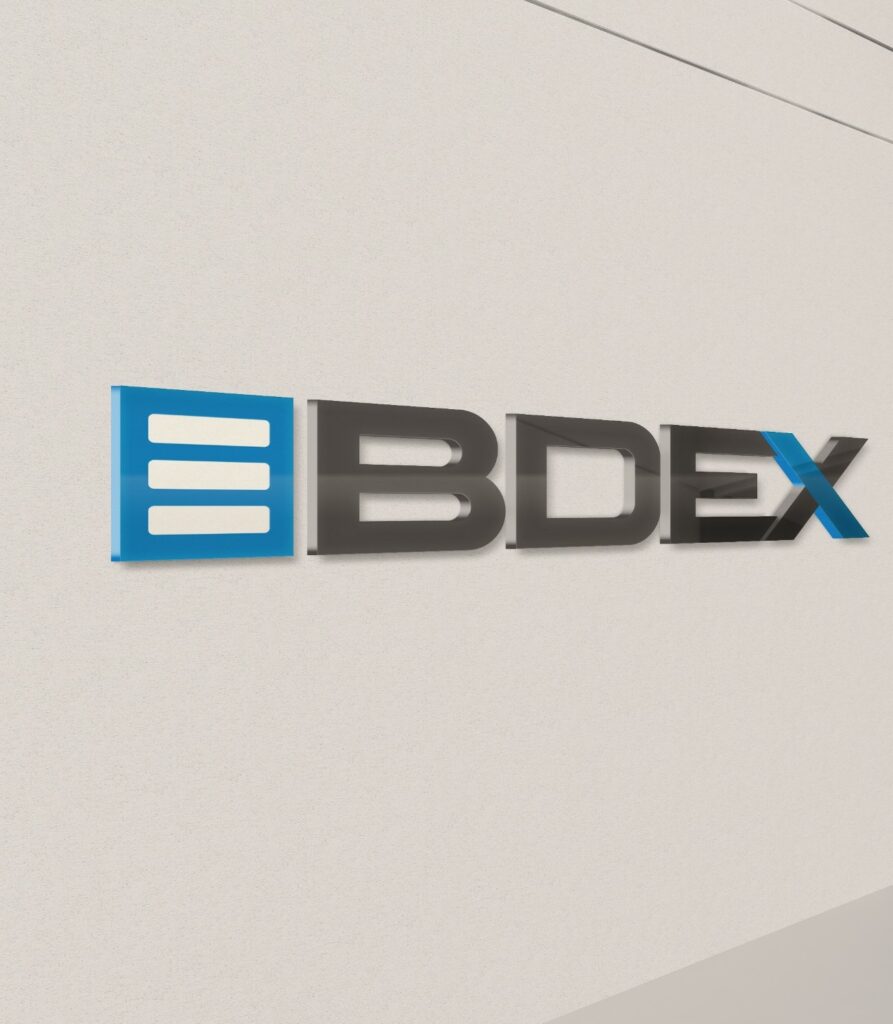The term “Big Data” is used regularly by those who work in the digital marketing, technology, or data industries. If you’re a business owner trying to market your brand, product or service, however, you may be a little confused as to what Big Data actually is. Analyzing data and marketing based on those results is no longer essential to only online stores or big businesses. Small and middle-tier companies are reaping the benefits of third-party data, including increases in brand awareness and revenue.
Big Data may seem overwhelming, but you don’t have to be a data scientist to learn the essentials. Below are three basic factors you should know:
A Simple Definition
There are hundreds of definitions for Big Data. For years its meaning was determined by the big Vs: volume, variety, and velocity. But Big Data is not as simple as its size; it’s also the technology that consumes and reads the data.
First-party data is gathered first-hand, like when an online store asks their consumers to fill out customer experience surveys. Third-party data is learned from other sources. By utilizing both first- and third-party data, businesses can gain the most comprehensive and useful insights possible.
It’s Not Just a Buzzword
When news of Big Data started circulating in the tech community, some people were skeptical of its size and capabilities, but Big Data has become an essential asset to digital marketers and an impressive money-maker. According to the most recent Worldwide Semiannual Big Data and Analytics Spending Guide from research firm IDC, global revenues for Big Data and business analytics will grow from nearly $122 billion in 2015 to $187 billion by 2019 (CIO).
As demand for Big Data increases, demand for data-related jobs continues to grow. According to Forbes, IBM and Oracle advertised 26,488 open positions that required big data expertise in the last twelve months [The article was published in November 2015]. Typical Big Data roles include Data Scientist, Big Data Platform Engineer, and Data Quality Director, but you don’t have to be a data expert to reap the benefits of Big Data; there are a number of data companies that can perform the hard work for you.
The Difference Between a DMP and a DXP
DMPs, or Data Management Platforms, are basically data warehouses most often used to manage cookie IDs and to generate audience segments, which are subsequently used to target specific users with online ads (Digiday).Often, however, marketers find that the information learned from DMPs is not specific enough since it’s typically single-sourced. Most DMPs don’t have real-time signals either, so often the information becomes stale quickly. A DXP, or Data Exchange Platform, has the benefits of a DMP but operates in a marketplace setting. Advertisers, retailers, and brands can obtain data from a variety of industry-leading sources and gain real-time insights in one place, making campaign management easier, more efficient, and more effective.
BDEX is the first-ever DXP. Whether you’re new to the data world or are a marketing expert looking to make the most of your marketing budget, BDEX can help you reach your target customers across the U.S. For more information about BDEX’s unique data services, visit our website or email a representative.




